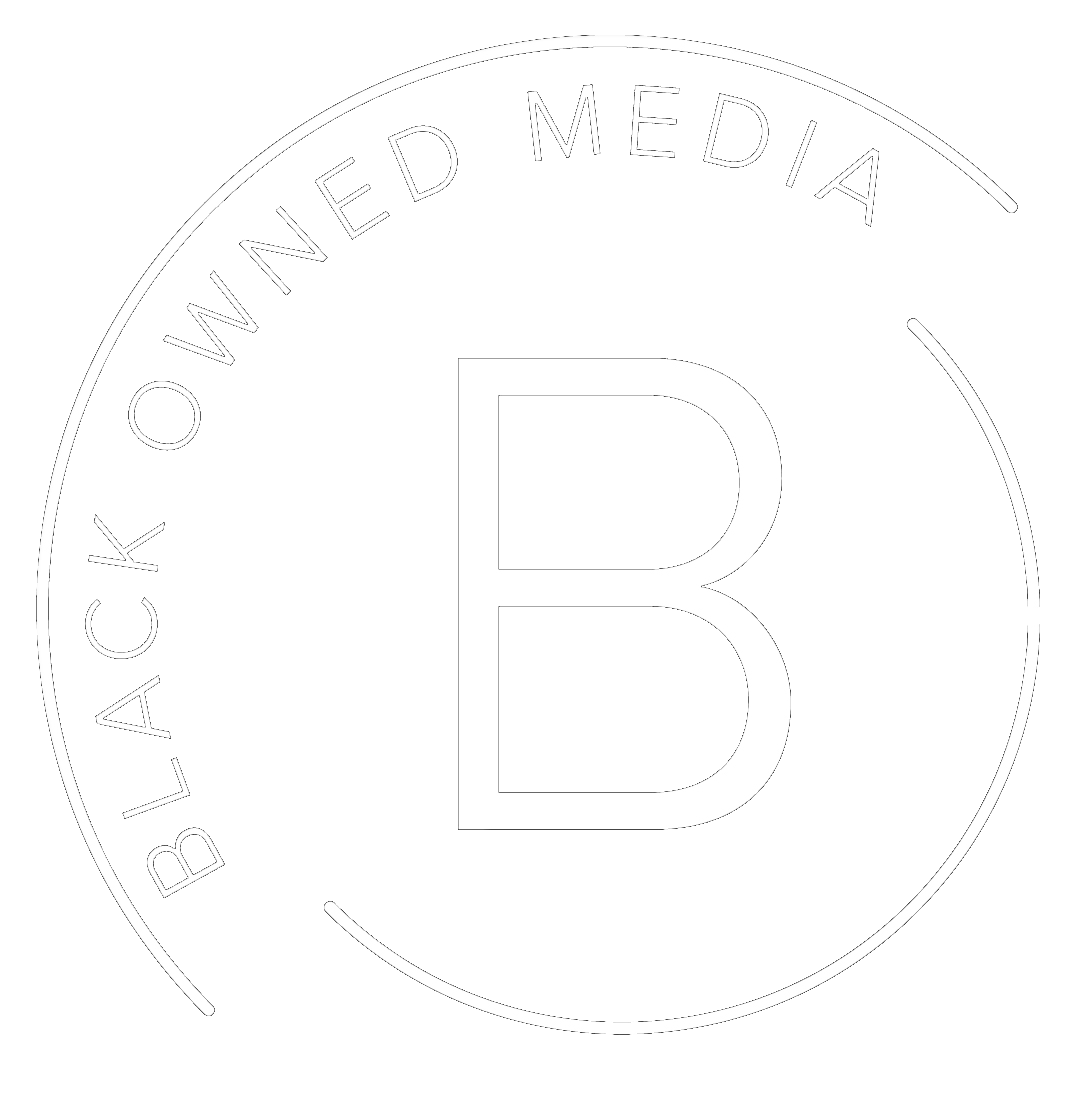The Roots joint frontman, Questlove, recently wore a new hat making his directorial debut with the soon-to-be released documentary Summer Of Soul.
Revealing never-seen-before footage from the almost forgotten 1969 Harlem Cultural Festival, dubbed by some as “the Black Woodstock” and others as “the Ultimate Black Barbecue”, the film features live performances from leading Black performers of the time, from Stevie Wonder, BB King, and Mahalia Jackson, to The 5th Dimension and Sly and The Family Stone.
But Summer Of Soul isn’t just a documentary about a Black music festival; it’s a window into everyday Black life and the racial, cultural and socio-economic divide in America at the time.
Providing a backdrop for both the documentary and festival were the Vietnam War, Woodstock, the moon landing, the heroine epidemic, the rise of the Black Panthers, and the assassinations of civil rights and political leaders, including Martin Luther King Jr., Malcolm X, Fred Hampton, President John F. Kennedy, and Bobby Kennedy.
As one festival attendee, Barbara Bland-Acosta, noted, “It was a crazy, crazy, crazy period. We needed something to really reach out and touch us. We needed that music.”
While history would have you believe that America was glued to their TV sets watching a man step foot on the moon for the first time, many Black people in inner city America, including those in this film, were detached from the event, accusing the government of being “more concerned with the moon than man” as they struggled to survive.
And while music historians have immortalized Woodstock with its 400,000 attendees, the 300,000 strong Harlem Cultural Festival was omitted from the history of America. Not only does this film reveal a shameful disregard and erasure of Black History, but that a lot of what we know as history has been curated and told through the eyes of white society.
But 1969 wasn’t all doom and gloom—it was also a time of growing pride within the Black community, marked by anthems like James Brown’s “I’m Black and I’m Proud”. As the documentary notes, “1969 was the year the Negro died and the Black was born.”
Black people were trading in their proper haircuts, suits and other socially acceptable ways of looking and dressing embodied by acts like The Temptations, for afros and funky clothing made popular by Sly And The Family Stone.
But out of the violence, pain and major societal changes came something beautiful—the music. Whether it was Gospel, Soul, or R&B, music was always our way of coping, celebrating and providing hope in the midst of pain, anger and sadness.
“I wanted people to know this wasn’t just Black people acting crazy; this was a therapeutic thing”, Questlove explains.
Summer of Soul isn’t just music history—it’s Black history. This film absolutely essential for those who want to relive the coming of age of Black music and culture; Black children, youth and 30 to 40 somethings who need to be made aware of a missing part of our history; as well as Black artists who need to understand whose shoulders they are standing on. There are moments where you will be tempted to laugh, cry, ball your fists in anger, and simply nod your head in agreement.
For both Black Americans and Canadians there’s a feeling of “coming home” and learning more about ourselves in watching this documentary, but for other races and cultures, and music fans at-large, it’s an opportunity to learn more about and appreciate your Black neighbours.
Black history is both American and Western history, so in this film is something for everyone.
Summer Of Soul is available July 2nd on Hulu.
Related article:
PREVIEW – IN THE HEIGHTS IS A DOSE OF JOY AND INSPIRATION WHEN MANY NEED IT MOST





